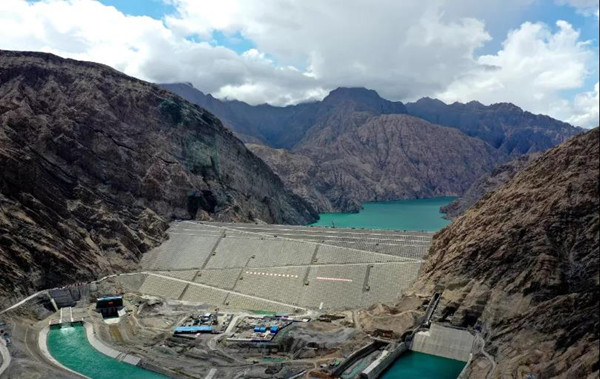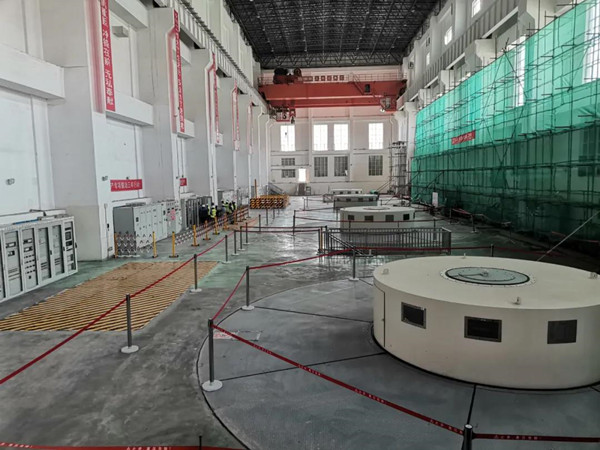The first unit of the main power station of the Altash Water Control Project was connected to the grid on the night of July 18 in Northwest China's Xinjiang Uygur Autonomous Region.
The water conservancy project, also known as the "Three Gorges water-control project of Xinjiang", was built by Xinhua Hydropower Company of China National Nuclear Corporation (CNNC) to further implement China's new development philosophy, build a new development pattern, facilitate the realization of the country's carbon peak and carbon neutrality goals, and advance the high-quality development of China's nuclear industry.

The Altash Water Control Project has been designed with an installed capacity of 755 MW and an annual power generating capacity of about 2.19 billion kilowatt-hours. It has a total investment of about 10.99 billion yuan, and boasts multiple functions such as flood control, water-resource utilization and electricity generation.
The completion of the project will fundamentally resolve the long-standing problem of flooding on the Yarkand River, benefit over six million people, reduce an annual investment of 100 million yuan for flood control, mitigate the shortage of electricity in southern Xinjiang, improve the overall ecology of the Tarim and Yarkand rivers, and promote sustainable development and rural revitalization in the autonomous region.
